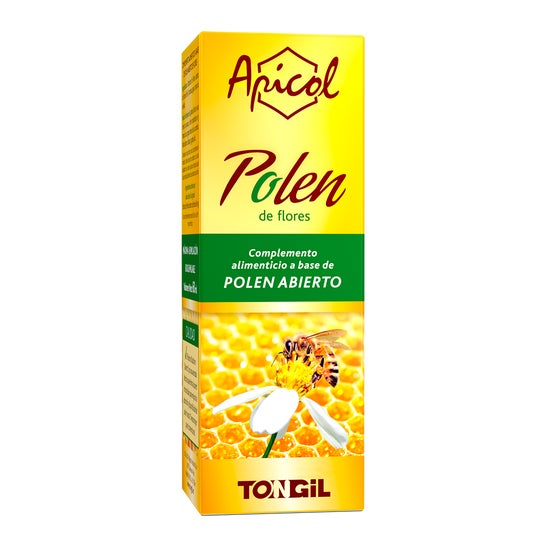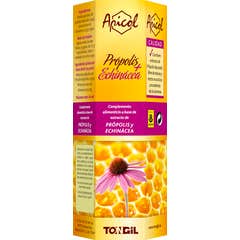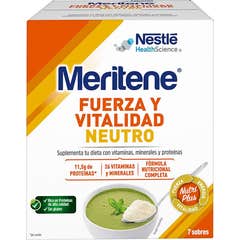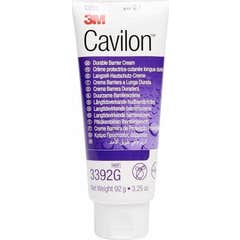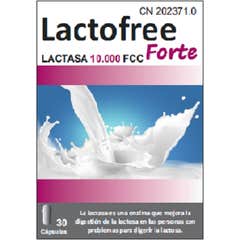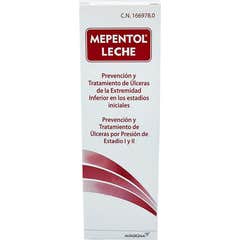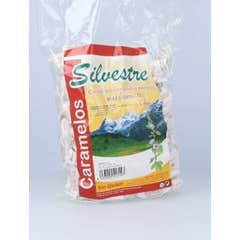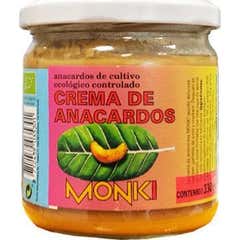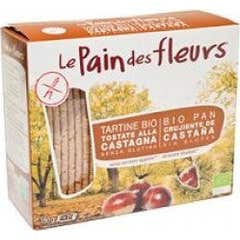Pollen increases vigour, vitality and alertness. It helps to feel more energetic in case of fatigue. Stimulates immune response. Increases appetite. The pollen used is "opened" by an advanced technique that removes the microcellular wall to improve the absorption and availability of pollen, up to 10 times greater than conventional pollen. By removing the outer layer of the pollen, possible allergies related to the proteins in the outer wall of the pollen are eliminated.
Pollen Apicol Tongil 60 Ml.
Dietary supplement based on open pollen
60 ml
Shipping in 24-72h
Description
Instructions for use
60 drops a day in a single dose on an empty stomach, or divided into 3 doses of 20 drops before meals.
Composition
Daily dose (60 drops): Open flower pollen extract, 816 mg.
Price per 100 ML
Pharmaceutical Advice
Pollen is made up of small granules produced by bees from the contents they collect from the flower stamens, which they process and carry on their legs back to the hive to feed their colony. On the other hand, some pollen extract is obtained directly from specific plants. Their botanical composition can be standardised. These pollen extracts can be included in immunotherapy treatments for allergies or, using certain pollen fractions, can be included in dietary supplements to improve well-being during menopause and perimenopause.
This beekeeping by-product has become popular as a food source, as it is a source of important macro- and micronutrients: its greatest contribution is carbohydrates, although it is also notable for its protein content, essential amino acids and essential fatty acids that our body cannot synthesise; B vitamins (B1, B2, B3, B5, B6 and B7) and vitamin C; it also provides small amounts of vitamins D, E, K and inositol, and contains choline, which contributes to proper brain and heart function. In terms of minerals, it is a source of phosphorus, calcium, potassium, iodine, zinc, copper, magnesium and selenium and also antioxidant carotenoids.
It can further support a balanced diet and can contribute as a restorative food in the context of anaemia, fatigue or convalescence.
If you are allergic to pollen or bee stings, avoid consumption and choose other nutrient sources. Pollen could trigger an allergic reaction. If you are taking medication, it is advisable to consult a healthcare professional before using a dietary supplement containing pollen.
Safety and product information
Safety visual aids
At this time we do not have safety images for this product, but we are working on it. We encourage you to check back later for updates. In the meantime, we recommend that you read the safety information that comes with the product before using it. If you have any questions about safety, please do not hesitate to contact us. Also, if you wish, you can also return the product by following our terms and conditions.
Manufacturer details
Manufacturing data details relevant information from the product manufacturer.
TONGIL S.L.
Calle Oro, 20 Polígono Industrial Sur Madrid
info@tongil.es
http://www.tongil.es/
Opinions
There are no reviews for this product yet. Be the first to share yours!
RELATED SEARCHES ABOUT Mood
- Defenses and Immune System
- Antioxidants
- Natural Relaxing
- Energetic
- Joints
- Memory
- Eyesight
- Laxatives
- Appetite Stimulants
New in Natural Dietary Supplements
- O3 Retimax 1200mg 30 Cápsulas
- Phytofarma Concentrado de Cúrcuma 90caps
- Phytofarma 5-HTP 5-Hidroxitriptófano 90caps
- Phytofarma Valeriana 180caps
- Phytofarma Ginkgo Biloba 90caps
- Phytofarma Arándano Rojo 365comp
- Phytofarma Spirulina 280caps
- Phytofarma Valeriana 365caps
- NS Florabiotic Inmunitario 30caps
- Pure® Encapsulations Griffonia 120 cápsulas vegetales

